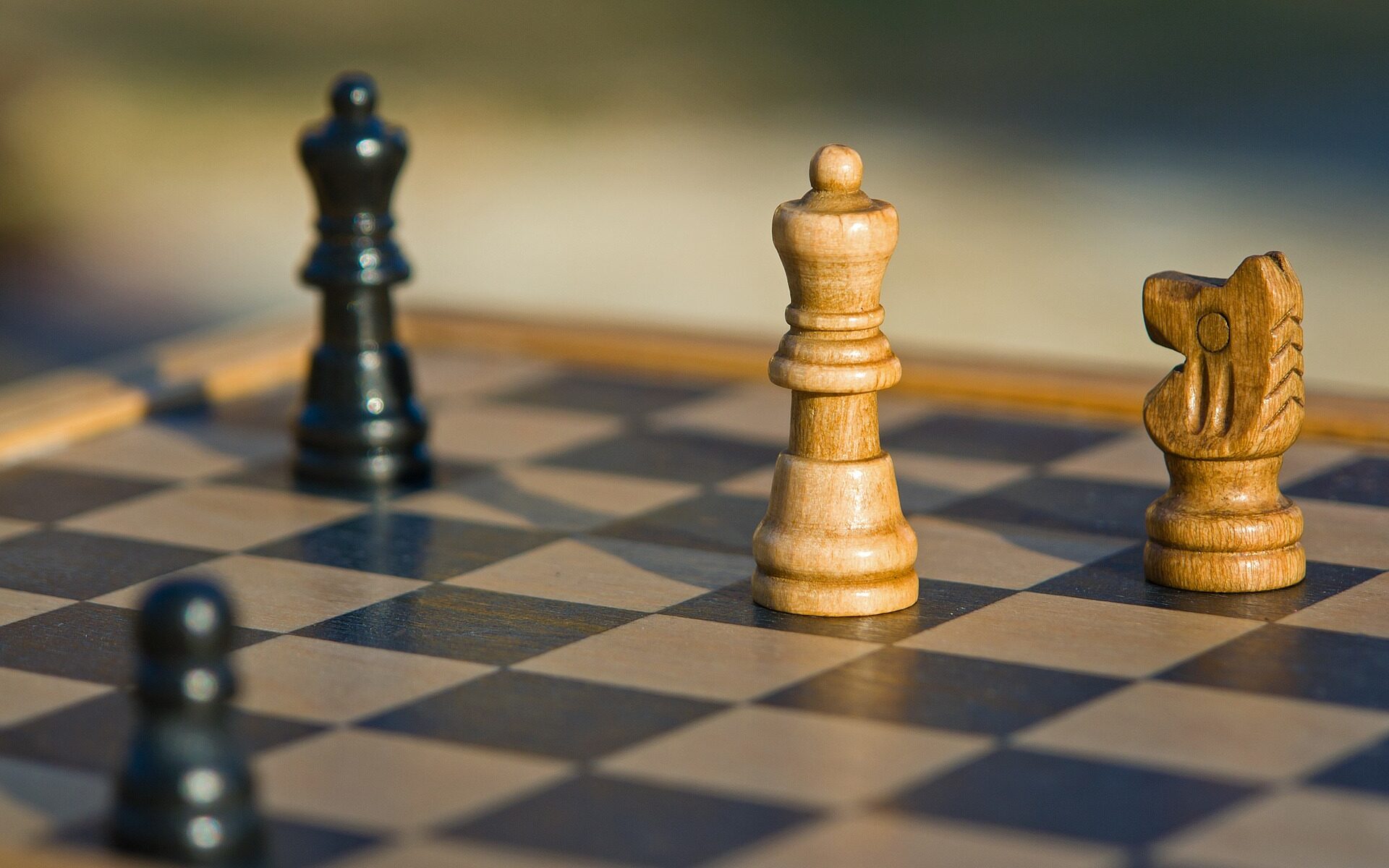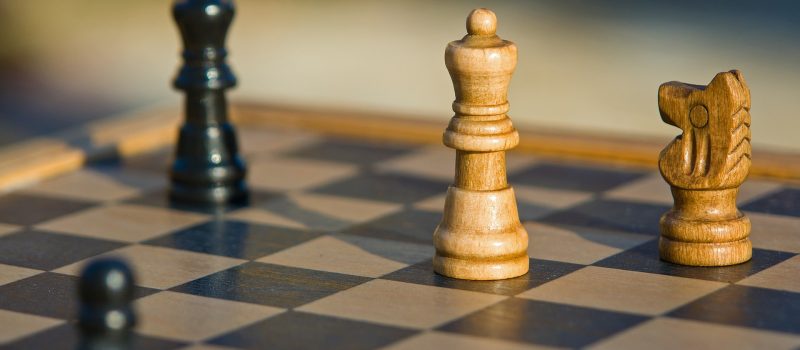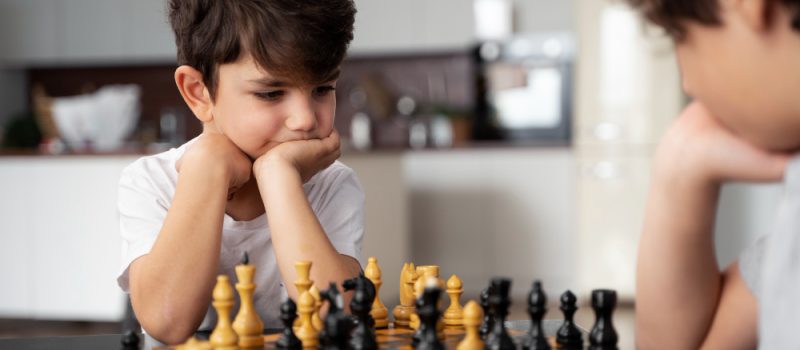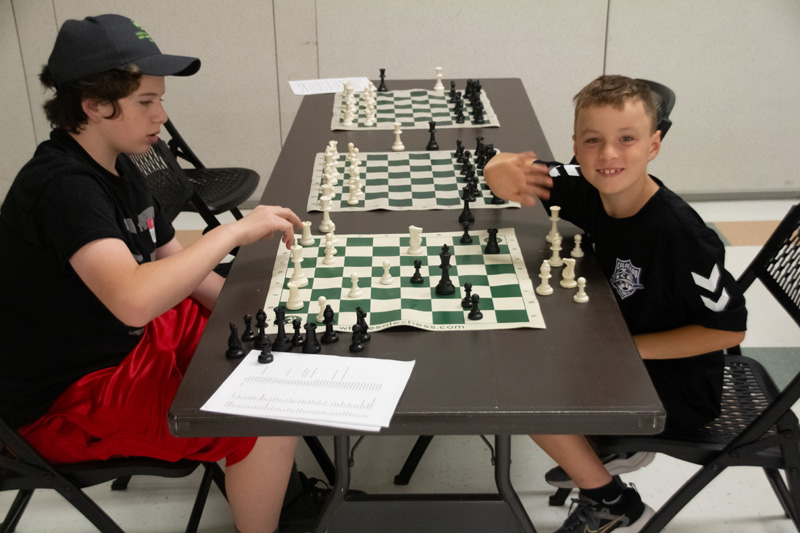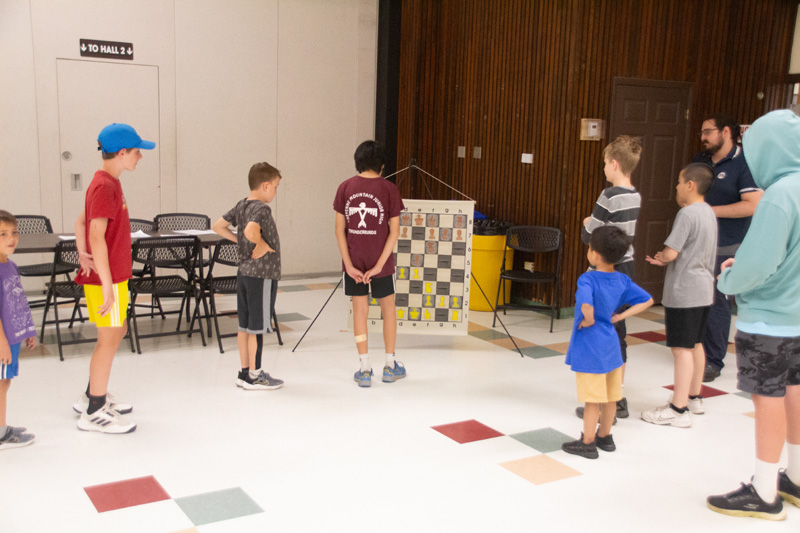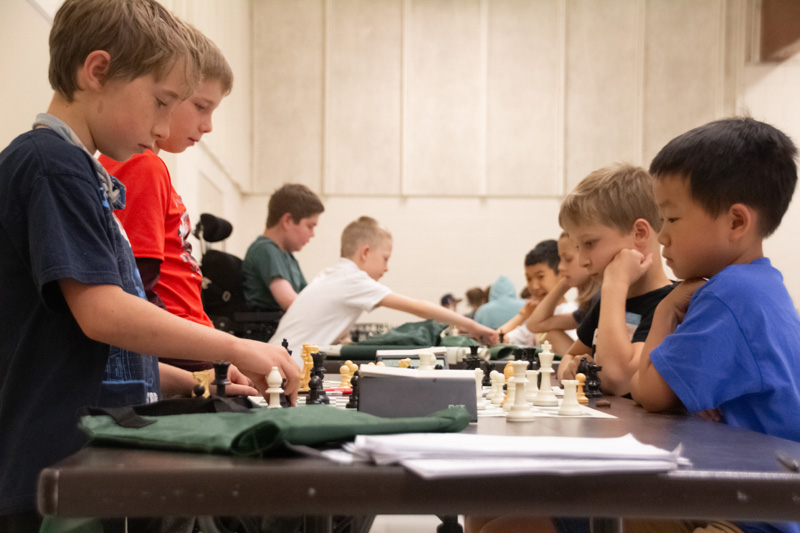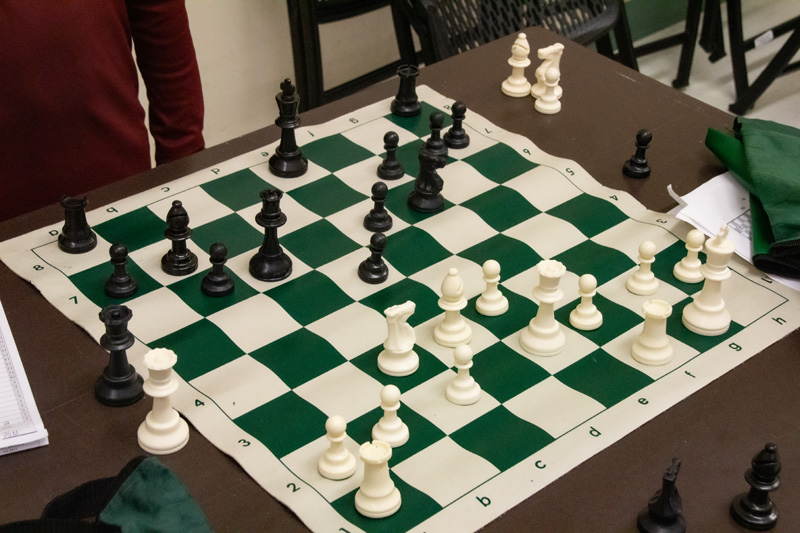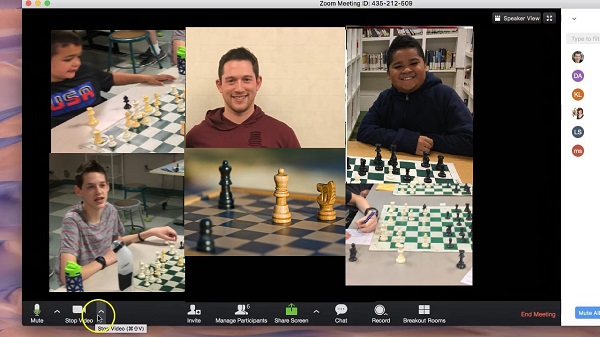Chess is a fascinating and strategic board game that has been captivating minds for centuries. The game of chess has an ancient origin and requires critical thinking, foresight, and the ability to plan ahead. In this article, we will delve into the world of chess, understanding its basics, learning the moves and strategies, exploring advanced concepts, and discussing ways to improve your skills. So, let’s embark on this exciting journey of learning how to play chess!
Understanding the Basics of Chess
What is Chess?
Chess, a captivating two-player strategy game, unfolds on a square board comprising 64 alternating colored squares. At the commencement of the game, both players receive a total of 16 pieces, consisting of a king, queen, bishops, knights, rooks, and pawns. The objective is to checkmate the opponent’s king, rendering it unable to escape capture.
The Chessboard and Pieces
The chessboard consists of eight ranks (horizontal rows) and eight files (vertical columns). The pieces are arranged in a specific pattern at the beginning of the game.
Rules of Movement
Each chess piece has its unique way of moving across the board. Pawns move forward, but capture diagonally. Rooks move vertically and horizontally, bishops diagonally, knights in an L-shaped pattern, the queen in any direction, and the king one square at a time.
Objective of the Game
The ultimate goal is to checkmate the opponent’s king, which means putting it in a position where it cannot escape capture. This marks the end of the game, and the player achieving checkmate emerges victorious.
Setting Up the Chessboard
Starting Position
The chess pieces are set up on the board in a specific arrangement at the beginning of the game. This standard setup ensures a fair and balanced starting point for both players.
The Role of Each Piece
Understanding the role and value of each chess piece is crucial to develop effective strategies. The pawns are the frontline soldiers, while the rooks, knights, bishops, and queen play unique roles in various positions.
Castling and En Passant
In the intricate world of chess, two exceptional moves stand out – castling and en passant. These unique maneuvers add depth and excitement to the gameplay, allowing players to showcase their strategic prowess. Castling allows the king and rook to move simultaneously, while en passant involves capturing an opponent’s pawn in a particular situation.
Learning Chess Moves and Strategies
Movement of Pawns and Their Importance
Pawns may seem simple, but their moves are fundamental. Learning how to use pawns strategically can create opportunities and open avenues for your other pieces.
Rook, Knight, and Bishop Strategies
The rooks, knights, and bishops are known as minor pieces, and each has its strengths and weaknesses. Mastering their movement patterns and strategies is essential for a well-rounded game.
Queen and King Tactics
Undoubtedly, the queen reigns as the most formidable piece on the chessboard, boasting unparalleled power and versatility. With the ability to glide effortlessly in any direction, she becomes a commanding force, influencing the game’s outcome in countless ways. Properly utilizing the queen can lead to decisive advantages. The king, on the other hand, requires protection throughout the game.
Check, Checkmate, and Stalemate
Grasping the fundamental concepts of check, checkmate, and stalemate holds utmost significance in the game of chess. These pivotal elements dictate the flow of the game, determining whether victory is within reach or if a draw is inevitable. Check is when the king is under threat, checkmate is when the king is unable to escape, and stalemate results in a draw.
Developing a Solid Opening
The opening moves in chess lay the foundation for the entire game, setting the tone and paving the way for the unfolding strategies. A well-chosen and skillfully executed opening can shape the course of the battle, influencing the subsequent moves and ultimately determining the players’ fate. Learning various opening strategies and being familiar with common opening patterns can give you a strong start.
Middle Game Tactics
The middle game is the phase where most of the action takes place. Developing a solid middle-game strategy involves planning, calculation, and the ability to adapt to changing positions.
Endgame Strategies
The endgame is the final phase of the game, where only a few pieces are left on the board. Endgame tactics are different from the opening and middle game and require precise calculations.
Advanced Chess Concepts
Evaluating Positions
Assessing a position’s strengths and weaknesses is vital for formulating effective plans. Understanding how to evaluate positions will help you make better decisions.
Tactical Patterns
Tactical patterns involve combinations and sequences that can lead to material gains or checkmate. Recognizing these patterns allows you to spot opportunities quickly.
Sacrifices and Combinations
Sometimes, sacrificing a piece can lead to a powerful attack or a decisive advantage. Mastering the art of sacrifices and combinations can make you a formidable player.
Understanding Time Management
Managing your time during a game is critical. Allocating time wisely to think through your moves can prevent time pressure and mistakes.
Dealing with Opponent’s Tactics
Anticipating and countering your opponent’s tactics is a skill that comes with experience. Learn how to defend against threats and launch your own attacks.
Improving Your Chess Skills
Study Famous Games
Analyzing games played by grandmasters can provide valuable insights into various strategies and tactics.
Solve Chess Puzzles
Chess puzzles are great for honing your skills. They present unique challenges that require creative thinking.
Practice Regularly
Consistent practice is the key to improvement. Set aside time to play regularly and learn from each game.
Analyze Your Games
Reviewing your games, especially the losses, helps identify mistakes and areas for improvement.
Play Against Stronger Opponents
Playing against stronger opponents can be challenging but highly beneficial for enhancing your skills.
The Psychological Aspect of Chess
Handling Pressure
Chess can be intense, especially during critical moments. Learning to handle pressure is essential for making sound decisions.
Maintaining Focus
Maintaining concentration throughout the game is vital to avoid oversight and blunders.
Learning from Defeats
Defeats are learning opportunities. Embrace them as chances to grow and refine your skills.
Online Resources for Learning Chess
Chess Websites and Apps
The internet offers a wealth of resources, including websites and apps, that can help you learn and practice chess.
Join Online Chess Training Session by National Chess Master Jesse Cohen
Visit YouTube Channel To Learn Chess
Online Chess Communities
Engaging with online chess communities allows you to connect with other players, learn from each other, and participate in events.
Virtual Tournaments and Challenges
Online tournaments and challenges provide opportunities to test your skills against players from around the world.
Conclusion
Chess is a game of infinite possibilities, where every move can change the course of the game. By understanding the fundamentals, learning advanced concepts, and honing your skills, you can become a formidable chess player. Embrace the challenges, enjoy the victories, and never stop learning and growing as a chess enthusiast.
FAQs
Q: What age is suitable to start learning chess?
A: Chess can be enjoyed by individuals of all ages. Children as young as 4 or 5 can begin learning the basics.
Q: How long does it take to become a proficient chess player?
A: Becoming proficient in chess varies from person to person. Consistent practice and unwavering dedication play pivotal roles in the realm of chess. These two essential factors are the driving forces behind skill improvement and success in the game. Without them, unlocking the full potential of one’s abilities would remain an elusive endeavor.
Q: Are there different variations of chess?
A: Yes, there are several chess variations with unique rules and board setups, such as Chess960 and Three-Check Chess.
Q: Can I play chess online against other players?
A: Absolutely! Many online platforms allow you to play against opponents from all over the world.
Q: Is chess considered a sport?
A: While opinions may vary, chess is recognized as a sport by the International Olympic Committee.




